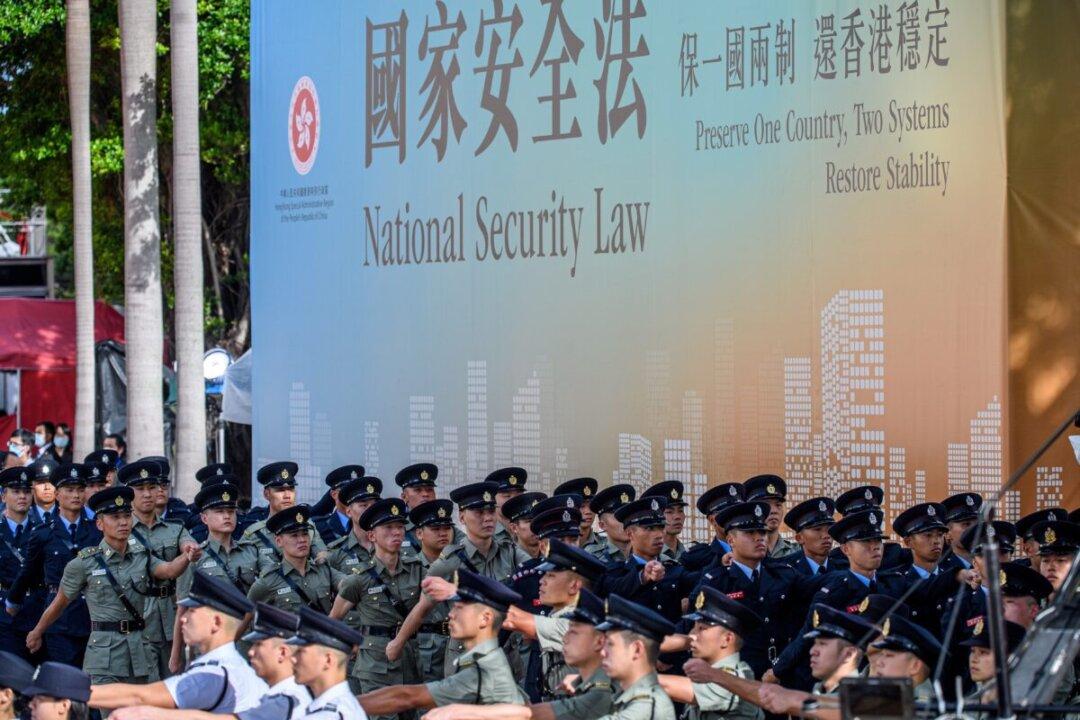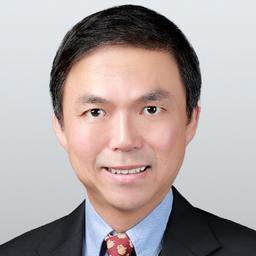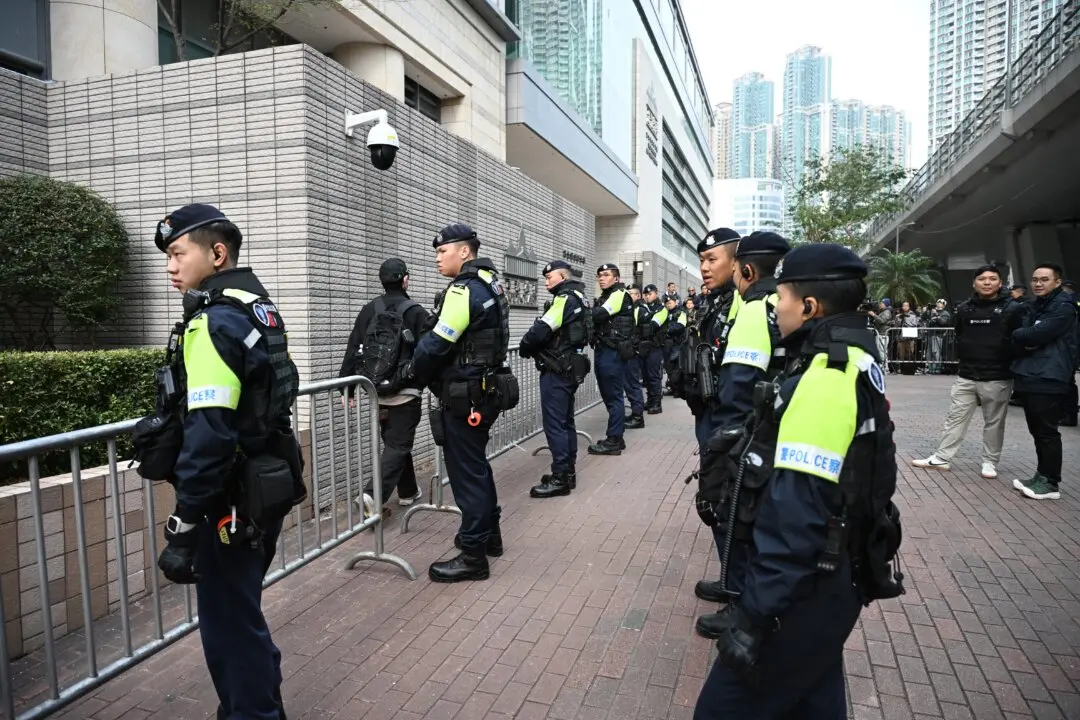Commentary
By the time this article is out, Christmas is just around the corner. If you live in communist Hong Kong, you feel like you are suffocating. These days, I still wake up with a heavy heart. I had a meaningful hedge fund career, and being a columnist in the finance and political sphere of Hong Kong, I was also active in upholding press freedom in the city. I left Hong Kong involuntarily in the middle of 2021 because of political uncertainty. In a year and a half, the extreme makeover of my beloved Hong Kong has been more than surreal. The once-famed international city has turned from a semi-autonomous region into an absolute police state. In reality, the Hong Kong Liaison Office, directed by Beijing, calls the shots.





